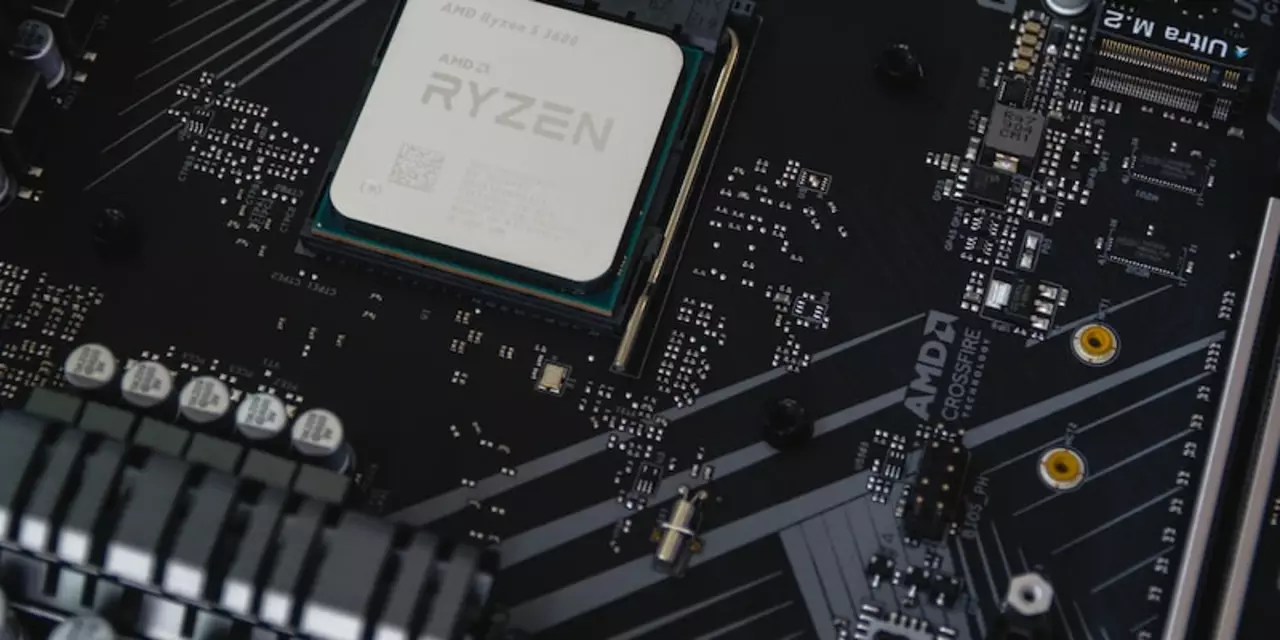Quantum computing and neuromorphic chips are two of the most exciting technologies of our time. Both are poised to revolutionize the way we think about computation and open up entirely new possibilities for how we process and store data. But what’s the difference between them?
Quantum computing is a form of computing that takes advantage of the quantum properties of matter and energy to perform calculations faster than traditional computers. It uses quantum bits, or qubits, rather than traditional bits, which represent a range of possible states. This allows quantum computers to process multiple calculations at once and solve problems that would otherwise take a traditional computer an incredibly long time to complete. Quantum computing is still in its early stages, but it has already been used to solve problems in fields such as cryptography, material science, and drug design.
Neuromorphic chips, on the other hand, are a type of computer chip designed to mimic the behavior of the human brain. They are modeled on the brain’s neural networks and use artificial intelligence algorithms to process data in a more efficient way than traditional computers. Neuromorphic chips are used in a variety of applications, such as robotics and autonomous vehicles, and can be used to process high volumes of data in real-time. They are also more energy efficient than traditional computers, making them ideal for applications where energy efficiency is important.
So, which technology is better? That depends on the application. Quantum computing is better suited for computationally intensive tasks, while neuromorphic chips are better for real-time data processing. Both technologies offer exciting possibilities and the potential to revolutionize the way we think about computing.
Quantum computing and neuromorphic chips are two revolutionary technologies that are rapidly transforming the computing and artificial intelligence sectors. Quantum computing is a form of computing that harnesses the power of quantum mechanics to solve complex problems in ways that traditional computers cannot. Neuromorphic chips, on the other hand, are computer chips that are designed to mimic the way neurons in the human brain process information. Together, these two technologies are revolutionizing the way that computers and artificial intelligence are used in the modern world.
Quantum computing is capable of performing calculations that are orders of magnitude faster than traditional computers, making it ideal for solving complex problems in fields such as medicine, finance, and engineering. Its ability to process information more quickly than traditional computers also makes it more efficient and cost-effective, making it a valuable tool for businesses and organizations that require powerful computing solutions. Additionally, quantum computers can be used to simulate quantum systems and molecules, allowing researchers to gain insights into the behavior of matter on a microscopic level.
Neuromorphic chips, meanwhile, are designed to emulate the way that neurons in the human brain process information. They are built using artificial intelligence algorithms and can be used to develop powerful artificial intelligence systems. These systems can be used to process data more quickly and accurately than traditional computers, enabling them to solve complex problems that would otherwise be too computationally expensive for traditional computers. Neuromorphic chips are also being used to develop autonomous robots and other robotic systems, allowing them to process and react to their environment in real-time.
In summary, quantum computing and neuromorphic chips are revolutionizing the way that computers and artificial intelligence are used in the modern world. They are capable of performing calculations and solving problems in ways that traditional computers cannot, making them invaluable tools for businesses and organizations that require powerful computing solutions. Additionally, neuromorphic chips are being used to develop advanced artificial intelligence systems and autonomous robots, allowing them to process and react to their environment in real-time. As these technologies continue to evolve, they will no doubt revolutionize the computing and artificial intelligence sectors even further.
The future of quantum computing and neuromorphic chips is a topic of much debate. Quantum computing is a type of computing that uses the principles of quantum mechanics to store and manipulate data in a new way. Neuromorphic chips, on the other hand, are chips that emulate the behavior of neurons in the brain.
Quantum computing has the potential to revolutionize computing and offer solutions to problems that are currently impossible to solve. Neuromorphic chips, on the other hand, could help machines to think and learn like humans and could be used in artificial intelligence and robotics.
The two technologies are both still in their infancy, but the potential breakthroughs they offer are huge. Quantum computing could offer unprecedented speed and accuracy for solving complex problems, while neuromorphic chips could enable machines to think and learn like humans.
Both technologies are being researched and developed by leading tech companies such as Google, Microsoft, and IBM. As the technology matures and more companies enter the space, competition will drive innovation and progress.
It is hard to predict which technology will have the most impact in the future, but one thing is for sure: both technologies have the potential to revolutionize computing and our lives.
